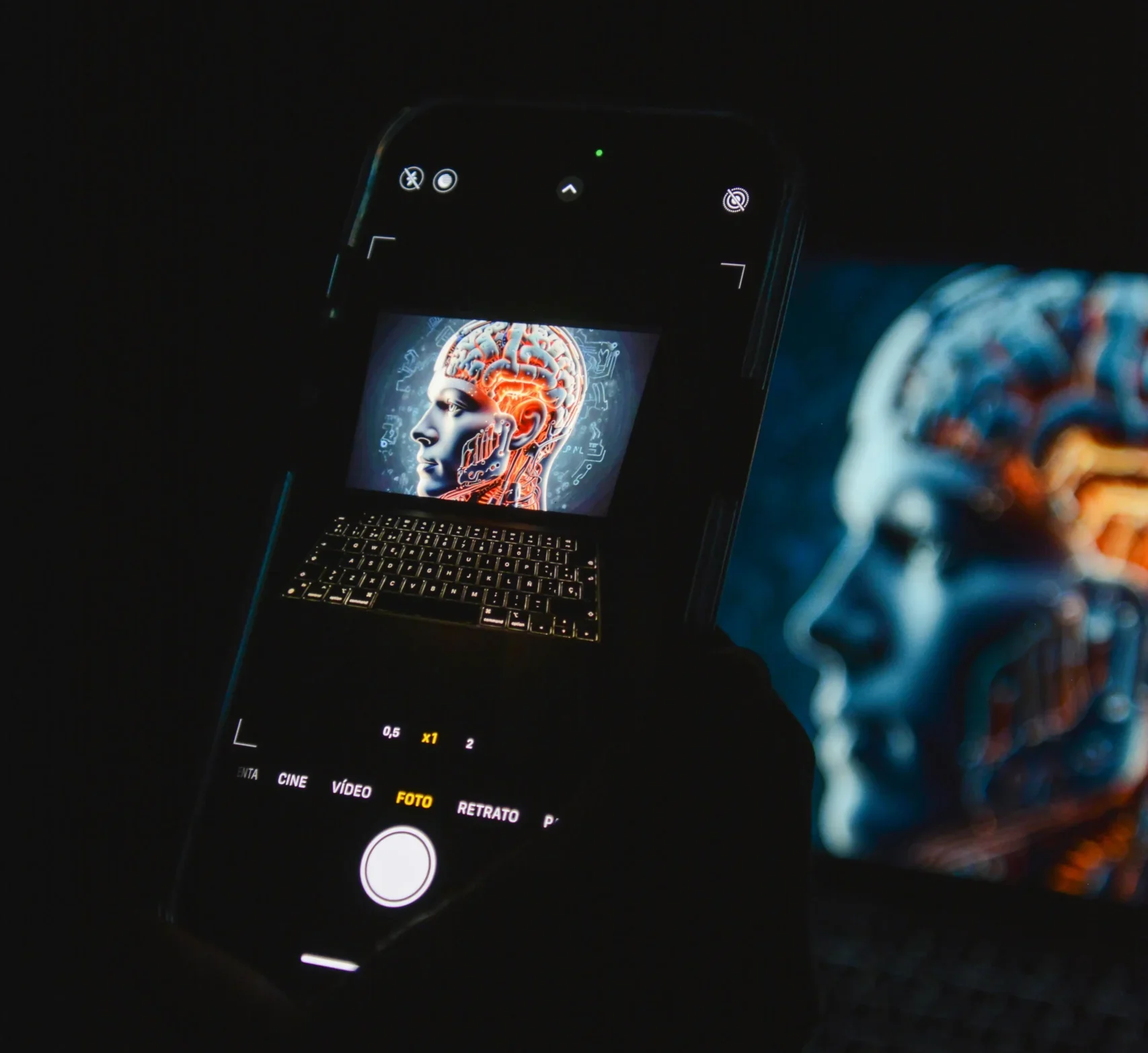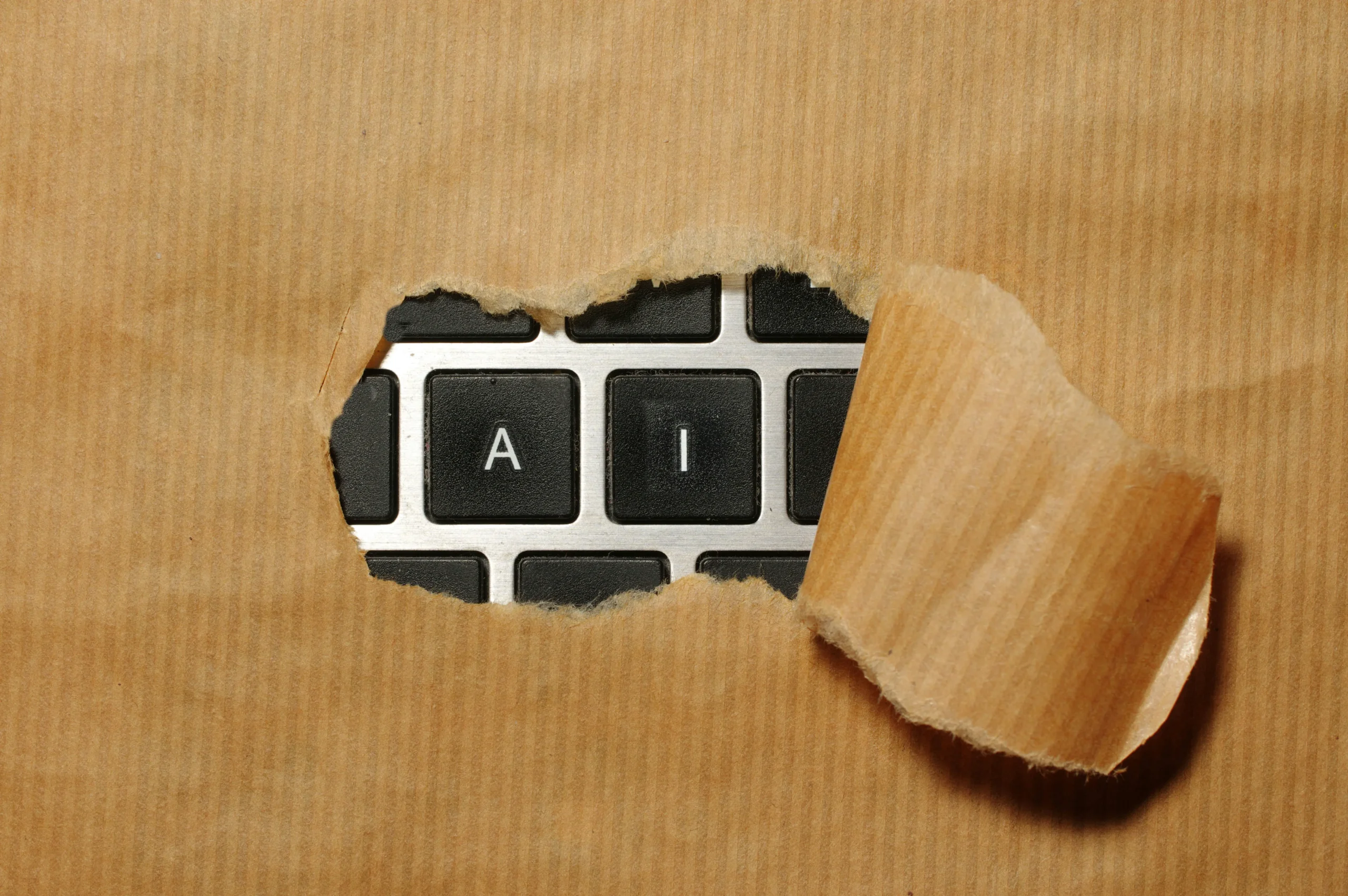Artificial intelligence (AI) isn’t just a tech buzzword anymore – it’s changing the way software is built, tested, and maintained. Today, AI in software development is rewriting the rules, helping teams innovate faster, reduce errors and deliver smarter digital solutions across every industry.
The Rise of Artificial Intelligence in Software Development
In recent years, artificial intelligence in software development has evolved from a trend to an essential part of modern engineering. AI tools now assist developers in writing cleaner code, spotting bugs earlier, and predicting potential system issues before they arise. What once took days of manual coding can now be done in minutes – freeing teams to focus on strategy and creativity.


How AI Is Transforming the Role of Software Engineers
The role of a software engineer is shifting quickly. Thanks to AI for software engineers, many repetitive tasks such as debugging and testing are now automated. This allows developers to spend more time designing better architectures and improving user experiences. AI isn’t taking away the creative part of engineering – it’s amplifying it, allowing developers to achieve more with less effort.
Emerging AI Software Development Trends Shaping the Future
As artificial intelligence continues to evolve, it’s not just supporting developers — it’s reshaping the entire software development landscape. From faster coding to predictive project insights, AI is driving a new era of innovation that prioritises speed, accuracy, and smarter decision-making.
Here are some of the most significant AI software development trends shaping the future:
Tools like GitHub Copilot and ChatGPT are transforming how developers write code, offering real-time suggestions and automating repetitive tasks to boost productivity.
AI models can now forecast project risks, timelines, and performance outcomes, helping teams make data-driven decisions with greater confidence.
Intelligent testing systems detect bugs and vulnerabilities earlier in the process, reducing human error and improving software reliability.
From continuous integration to deployment, AI optimises pipelines, monitors performance, and ensures smoother, faster releases.
AI algorithms identify threats and anomalies in real time, strengthening cybersecurity across applications.

AI and Software Engineering: Redefining Core Processes
The integration of AI and software engineering is reshaping traditional workflows. Machine learning algorithms can analyse performance data, optimise code efficiency, and detect security risks early. Natural language processing (NLP) tools are improving documentation and collaboration across teams. AI is no longer just a support tool – it’s becoming a vital part of the development process itself.
The Shift Toward AI-Powered Software Development
The move toward AI-powered software development is transforming how organisations deliver technology. Intelligent automation is now streamlining deployment pipelines, scaling applications, and customising user experiences. By combining human insight with machine learning, businesses can release better products faster, without compromising quality or security.

AI systems rely on vast datasets, making the protection of sensitive user information a top priority. Developers must implement strong encryption and compliance with data protection standards.
Machine learning models can unintentionally reflect human or data-driven biases. Continuous monitoring and diverse training data are crucial to ensure fairness in AI decisions.
It’s vital that developers understand how AI makes decisions. Clear documentation and explainable AI practices help build trust among users and stakeholders.
While automation increases efficiency, excessive dependence on AI can reduce human oversight and creativity. A balanced, hybrid approach remains the most effective.
Every AI-driven project should include human review and governance to ensure decisions align with company values, regulations, and societal expectations.
Challenges and Ethical Considerations in AI-Driven Development
As AI continues to reshape how software is built, it also introduces new responsibilities for developers and organisations. Innovation must go hand-in-hand with ethics to ensure that technology serves people — not the other way around. Balancing automation, transparency, and accountability is now essential in every stage of AI-powered development.
Here are some of the key ethical and practical challenges shaping the conversation:
The Future of AI in Software Development
The future of AI in software development lies in collaboration, not competition. We’re entering an era of self-learning systems, adaptive platforms, and intelligent design assistants that work with developers to enhance creativity, precision, and problem-solving. This partnership between human expertise and artificial intelligence will shape the next chapter of digital innovation – where technology doesn’t replace us, but empowers us to build smarter and faster than ever before.
AI Isn’t Replacing Developers – It’s Elevating Them
There’s a growing misconception that AI will replace developers. The truth is, it’s helping the entire industry evolve. These are still early days, and new tools and solutions are emerging almost daily. AI automates the routine so that humans can focus on the complex – strategy, architecture, and innovation. It’s not about less human input, but about smarter human output.
But to truly benefit, businesses need to adapt. The companies that embrace AI as part of their development process will move faster, deliver smarter products, and stay competitive. From code generation and debugging to QA automation and release management, AI is becoming part of every stage of the software lifecycle. Those that don’t evolve risk being left behind as the industry moves forward.
Integrating AI isn’t just about keeping up with trends – it’s about building resilience and future readiness. That said, adoption must come with awareness. Understanding the risks around data security, intellectual property, and overreliance on AI-generated output is essential. Responsible use of AI means knowing where it adds value and where human oversight remains critical.
When used thoughtfully, AI becomes a powerful co-pilot – one that accelerates innovation while keeping human creativity firmly in the driver’s seat.
Frequently Asked Questions
How is AI transforming software development?
AI is revolutionising software development by automating coding, testing, and debugging tasks, allowing developers to focus on more complex and creative aspects of projects. It enhances productivity through intelligent code suggestions, natural language programming, and predictive analytics that anticipate development needs.
What are the main benefits of using AI in software development?
AI increases efficiency, reduces human error, and accelerates project timelines through automation and intelligent assistance. It also improves decision-making with data-driven insights, enabling more accurate predictions and optimised software performance.
How does AI improve software testing and quality assurance?
AI automates repetitive testing processes, identifies bugs faster, and predicts potential failure points before deployment. Machine learning models analyse patterns from past test data to enhance accuracy and reduce manual intervention in quality assurance.
Can AI replace human software developers?
AI cannot fully replace human developers but serves as a powerful assistant that enhances productivity and creativity. Human intuition, problem-solving, and design thinking remain essential for innovation and managing complex software requirements.
What are the top AI tools used in software development?
Popular AI tools include GitHub Copilot for code generation, Tabnine for predictive coding, and DeepCode for intelligent code reviews. Other tools like Testim and Appvance use AI to automate testing and improve software quality.
How does AI impact the software development life cycle (SDLC)?
AI optimises every stage of the SDLC - from requirements gathering and coding to testing and maintenance - by enabling automation and predictive analytics. It reduces development time, enhances collaboration, and ensures continuous improvement through adaptive learning systems.
What challenges come with integrating AI into software development?
Challenges include high implementation costs, data privacy concerns, and the need for skilled professionals to manage AI systems. Additionally, reliance on AI may introduce biases or errors if training data is flawed or incomplete.
Build Smarter, Faster, and Better with Mobiddiction
At Mobiddiction, we help Australian businesses learn, identify and embrace AI-powered systems and smart processes to stay ahead in a fast-moving digital world. From mobile apps to enterprise systems, our solutions integrate the best of AI and software engineering to deliver scalable, intelligent, and high-performing results. Build smarter, faster and better. Contact us today!
Want us to develop a software for you?
Get in touch and tell us what you’re looking to build—we’ll help bring your vision to life.
